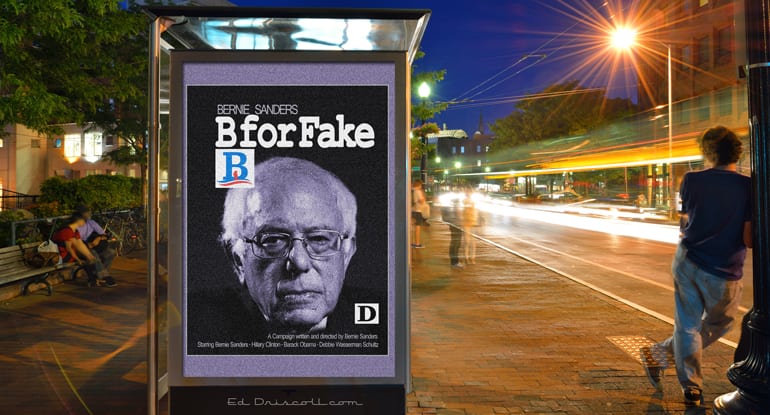OUR RULING CLASS IS DEEPLY COMMITTED TO FORTIFYING ITS POSITION: We Need To Talk About Downward Mobility:
Low levels of social mobility, more than raw inequality or slow growth, is probably the greatest challenge facing the American political-economic system today. America’s ruling class is hardening into a hereditary caste, putting more and more social and economic distance between itself and the rest of the population. And the sense that lower and middle class families are stuck in place undermines the public’s trust in our economic institutions.
Most discussions of social mobility in the United States focus, understandably, on the problem of upward mobility. How can we make it easier for children born at the bottom of the heap to break into the middle, and easier for children born into the middle to make it to the top?
But as Brookings’ Richard Reeves reminds us, social mobility necessarily goes in two directions. If we are serious about having turnover in our elite class, then upward mobility isn’t sufficient—we need downward mobility as well. . . .
To be sure, we can and should aim for income growth at all levels of the spectrum. But increasing the level of relative social mobility means making it more likely that a child born in the bottom quintile will make it higher on the economic ladder. And for that to occur, someone else born higher on the ladder needs to take his place at the bottom. The American economy isn’t Lake Wobegon, where everyone can be above average. For capitalism to work, people need to rise and fall according to their talents and hard work.
Now, higher levels of social mobility are not always an unalloyed good. (If the United States had a Robespierre-flavored revolution every generation, social mobility would be very high, but it’s hard to argue that this would be a better arrangement than the one we have now). At the same time, there is a broad consensus that our current levels of mobility are below their optimum level. To attack this problem, we need to not only look at ways to help make it easier for people to rise—we also need to look at ways the upper class has stacked the deck, hoarded resources, and protected members of its tribe from the consequences of failure.
Well, if you want to do that, then we need to abolish the Ivy League, and ban the college box. Reducing the emphasis on higher education in employment would do more to boost social mobility — both ways — than any other single change you might make.

